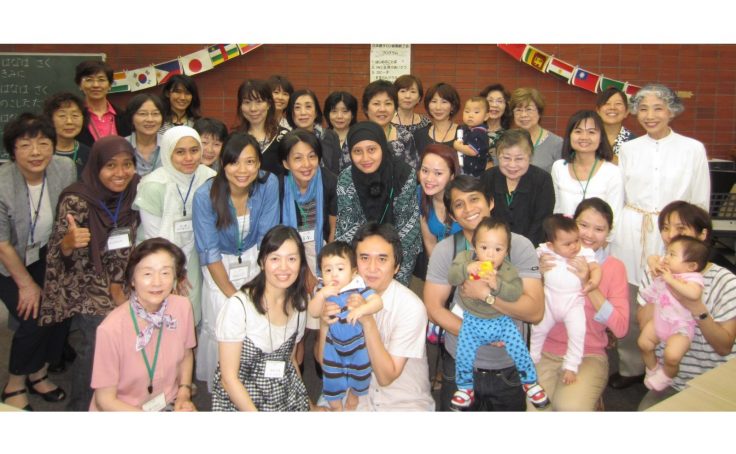live with family in japan
EnglishIn order for international students to live with their families in Japan (Sapporo and Hakodate), preparations and procedures are required in advance.
Securing housing
Some of International Student Dormitories and Foreign Scholars' Accommodation at Hokkaido University have rooms for Couple Room and Family Room. If you want to live here, please apply by telling the academic affairs staff of the faculty or graduate school you plan to enter.
If there are no vacancies in the dormitory, you will have to find a private apartment on your own. For this reason, some people come to Japan alone at first, and then bring their families over after securing accommodation.
Obtaining a visa
In many cases, family members of international students and researchers need a "Dependent" visa. For more information, please read "Family Visas" below. If your dependents enter Japan on a Temporary Visitor (commonly known as a "Tourist Visa"), it will be difficult to change their status of residence to "Dependent" in Japan, so please be careful. For more information, please see the "Family Visas" page (page 11).
Nursery school
In Japan, there is a chronic shortage of "nursery schools", which are child welfare facilities where children from the age of 0 to the age of 6 enter elementary school, and this has become a social problem. Especially in urban areas, the lack of nursery schools is a serious situation, and there are many children on waiting lists (children who cannot enter nursery schools). Please be aware that if there are no vacancies in a nursery school, etc., you may not be able to entrust your child to study and research.
Hokkaido University operates three childcare facilities in Sapporo, but they are almost always full.
In Japan, there are also kindergartens, which are educational facilities for children aged 3 and over. is required.
Furthermore, even after a child enters a nursery school or kindergarten, there is always the need for the international student as a parent to deal with various matters such as contact information after entering the nursery school and reporting matters such as daily troubles and injuries of the children. Either the student himself/herself or the parent(s) accompanying the student are required to have the ability to communicate in Japanese to some extent, and to make efforts such as coordinating with study/research.
If you have small children, consult well in advance with the teaching staff or academic advisor of the department or graduate school you plan to enter to see if it is safe for you to bring your children with you to study abroad.
Sapporo International Communication Plaza Foundation International Community Bureau
・ Child care support (language selector available)
・ Sapporo Community Interpreters (language selector available)
TIPS on Medical Care and Pregnancy (Hokkaido University Office of Diversity, Equity, and Inclusion)
Bureau for the Future of Children
school
If you want to enroll your child in a Japanese school, first consult with the faculty or graduate school you plan to enroll in, or the academic advisor.
work
Families of international students and researchers can earn income by working part-time in Japan if they have a dependent visa, but there are conditions such as the number of hours they can work. Be sure to check with the Immigration Bureau.
community
In order to support international students and their families, exchange support groups and local governments such as Sapporo and Hakodate conduct exchange events, Japanese language classes, consultations, and information provision.
・ Hokkaido University International Women's Association
・ Sapporo International Communication Plaza Foundation International Community Bureau M Square (language selector available)
For other organizations, see Related institution link "Please refer to the.

